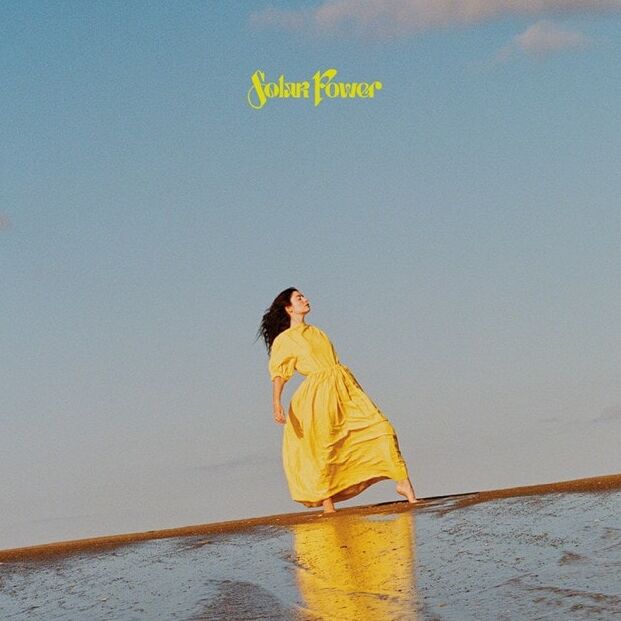- Limelight
- Limelight / Culture
- Limelight / Culture / Pop Culture
- Limelight / Digital
- Limelight / Music
- Limelight / Profiles
A look at Lorde: one of the music industry’s most prolific artists
Lorde recently released her newest album, “Solar Power,” which has been a strong departure from her last 2 records.
September 7, 2021
One of the biggest but also most interesting names in music is Lorde, an artist that is constantly coming in and out of the scene. Known for taking large gaps between her releases, it seems that each of her albums has shown a new form and has allowed her to grow within the music industry.
Her newest release, “Solar Power,” is different from many of her other works in the sense that it seems to take a lighter approach to the issues within her life and has many different tones working through it. In her past works, “Pure Heroine,” and “Melodrama,” the albums had a generally somber and more melancholy tone.
Lorde’s first album, “Pure Heroine,” was released in 2013 when she was only 16-years-old and the album covered issues of materialism, fame and social status, which mirrored her own life as she was coming up and learning how to deal with these situations. Her second album, “Melodrama,” was released in 2017 when she was 20-years-old, and seemed to take a tone surrounding lessons of growing up. It was considered a loose concept album with more electronic and pop influences.
In her most recent release, “Solar Power,” Lorde has channeled her inspiration from indie and more psychedelic-inspired artists. When rising to fame, Lorde was seen as an industry blueprint and was lumped in with many other artists, such as Halsey and Lana Del Ray. She says that her new album is largely created around her attempts to simply be an individual.
“I went back to living my life,” Lorde said in an interview with The New York Times. “The question I’ve gotten a lot recently is, ‘What have you been doing?’ I’m like ‘Oh, no, no, no – this is a break from my life.’ I come back and perform these duties because I believe in the album.”
Being a decorated artist, Lorde is one of a few who doesn’t necessarily feel compelled to constantly bring out content. After being put in the archetype of “sad female singer,” she wanted to do something different with her sound and music inspirations. She takes many of these ideas into “Solar Power” with the themes of time in her homeland as juxtaposed by her disdain for fame and celebrity culture.
The album pushes the idea of escapism and uses summer as the symbolism for the ideas of freedom and peace. With a high sense of self-awareness and a strong perspective on the music industry, Lorde has found her place within the scene.
“I know enough to know that people in my position are symbols and archetypes so I try not to fret too much,” Lorde said. “It’s a very funny position to be in, it’s absurd.”







